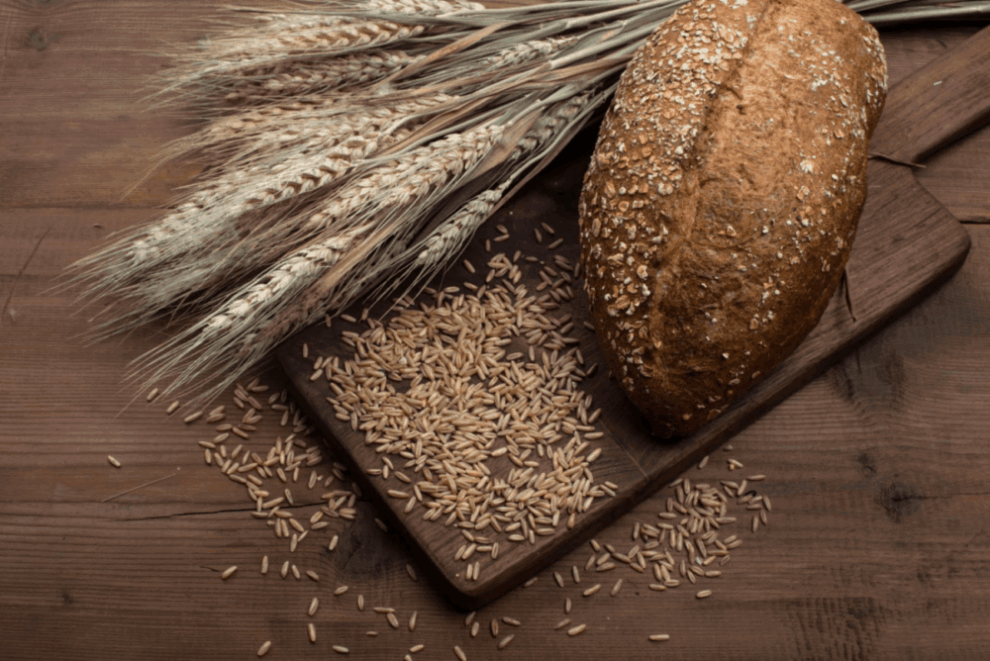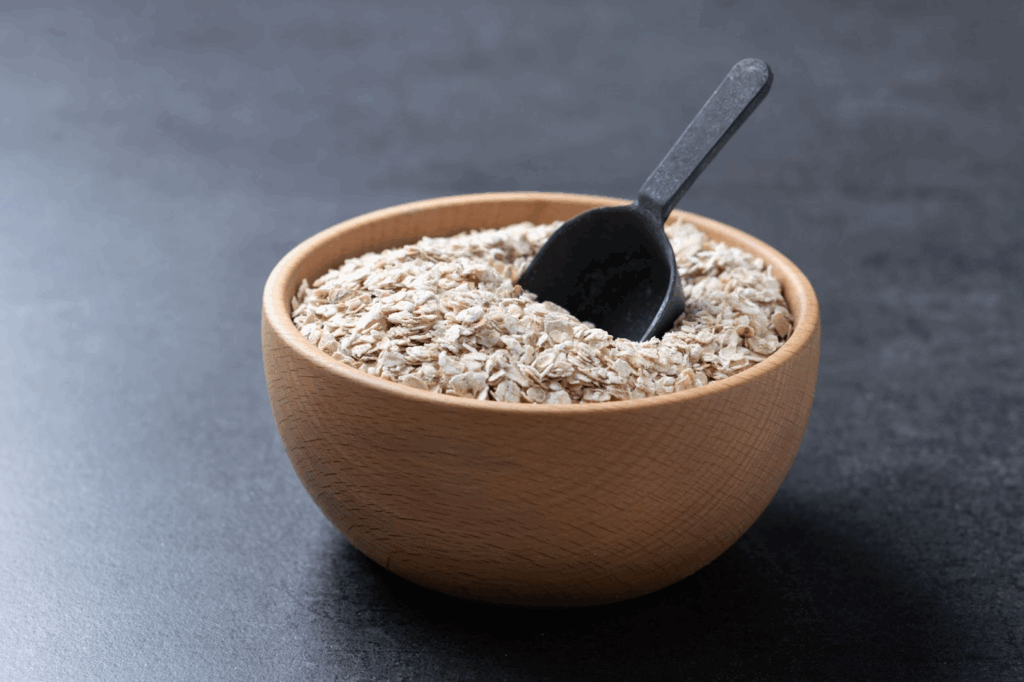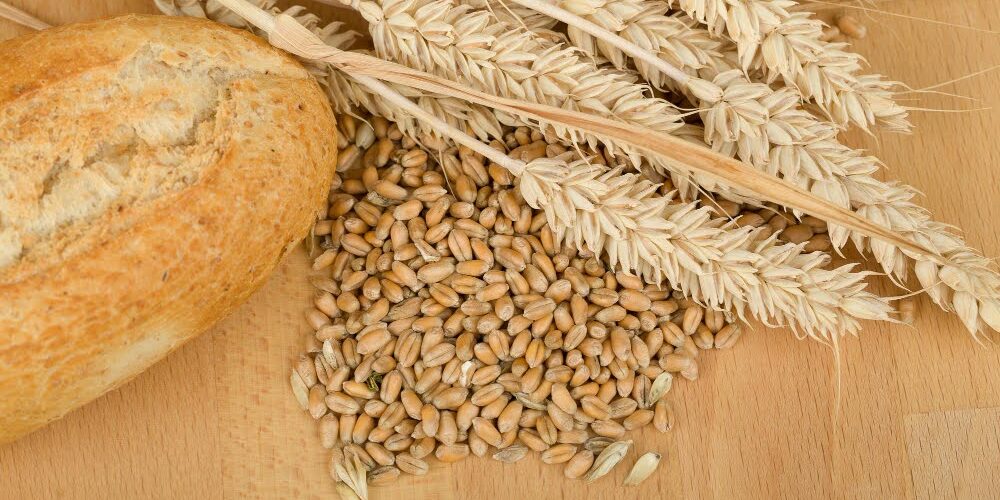Rye and wheat are two of the most widely used grains in the world, but they aren’t the same. Understanding the differences in the rye vs wheat debate matters, especially for those who want to make informed choices when preparing foods like overnight oats. Whether you’re curious about nutrition, taste, or how these grains compare to oats, this guide will help explain why oats stand out as a wise breakfast choice.
What is Wheat?
Wheat is one of the world’s most widely cultivated grains, a staple food that has been feeding populations for thousands of years. Nutritionally, it’s a good source of carbohydrates, fibre, and protein, specifically gluten-forming proteins like glutenin and gliadin. This is what gives wheat dough its elastic, stretchy quality, perfect for baking bread, making pasta, and creating fluffy baked goods. However, this very gluten is what causes issues for individuals with coeliac disease or gluten sensitivity, leading to digestive discomfort and other health concerns.
What is Rye?

Rye is a hardy cereal grain that thrives in colder climates where other grains might struggle. It boasts an impressive nutritional profile, often higher in fibre than wheat and packed with essential minerals like magnesium and phosphorus. Its earthy, slightly spicy flavour is famous in dense, dark rye breads, crisp crackers, and even some whiskeys. While rye does contain gluten, its gluten proteins are structurally distinct from those of wheat. Many find rye slightly easier to digest, but it is still not safe for those with coeliac disease, as it triggers the same harmful immune response.
Rye vs Wheat: Key Differences
When looking at rye vs wheat, there are several notable distinctions:
- Flavour & Texture: Wheat has a lighter, more neutral flavour, while rye is stronger and earthier.
- Nutrition: Rye generally contains more fibre, while wheat offers slightly higher calories.
- Digestibility: Rye can feel denser and heavier, while wheat is typically lighter in baked goods.
- Blood Sugar Impact: Rye may be digested more slowly, which can help with feeling full for longer.
Why This Matters for Overnight Oats
When it comes to overnight oats, understanding rye vs wheat helps explain why oats are so often the preferred choice. Unlike rye or wheat, oats soak beautifully, delivering a creamy, porridge-like texture without the need for cooking. They’re convenient, versatile, and provide long-lasting energy; ideal for busy mornings.
At Oats My Goodness, we go one step further. Our oats are free from wheat, rye, and barley contaminants, and every batch is third-party lab-tested to ensure quality and safety. This makes them a unique, trustworthy option for anyone who is sensitive to other grains but still wants a nourishing and delicious breakfast.
Health Benefits of Choosing Oats Over Rye or Wheat

- Naturally high in fibre and minerals to support overall health.
- Provide long-lasting energy to start the day.
- Lighter and easier to enjoy in a variety of ways.
- An excellent base for flavour combinations, featuring fruits, nuts, spices, and seeds.
Tips for Making Overnight Oats Without Wheat or Rye
Crafting the perfect, safe jar of overnight oats is simple:
- Start with the Right Base: Always choose certified wheat-, rye-, and barley-free rolled oats, like ours at Oats My Goodness.
- Pick Your Liquid: Combine with your favourite plant-based milk for a creamy, vegan-friendly soak.
- Power Up Your Toppings: Boost protein and fibre with add-ins like chia seeds, nuts, nut butter, and fresh fruit.
- Keep It Clean: Avoid refined sugars, preservatives, and seed oils. Sweeten naturally with a dash of maple syrup or mashed banana.
Frequently Asked Questions
Is rye healthier than wheat?
Rye generally contains more fibre than wheat, which can support digestion and fullness. Wheat, however, provides a lighter texture and is widely used in many food products. Both have benefits, but oats often offer a more balanced option for breakfast.
Why eat rye instead of wheat?
You might choose rye for its unique, deep flavour and denser texture in baking. Nutritionally, its higher fibre content can promote better digestion and heart health, and its low glycemic impact is beneficial for managing energy levels. Some individuals who experience mild sensitivity to wheat find they tolerate rye better due to its different gluten structure. However, it is crucial to remember that rye is not gluten-free and is not a safe substitute for those with coeliac disease.
Is rye whole wheat?
No, rye and whole wheat are entirely different grains. “Whole wheat” refers to wheat kernels that use the entire grain: the bran, germ, and endosperm. Rye is a distinct cereal grain, belonging to a separate plant species (Secale cereale). You can have whole-grain rye (which uses the entire rye kernel), just as you have whole-grain wheat. They are distinct ingredients with different nutritional profiles, flavours, and baking properties.
Conclusion
Both rye and wheat have their place in global diets, but when it comes to overnight oats, oats clearly take the lead. With their creamy texture, nutritional benefits, and ease of preparation, oats are the perfect choice for a quick, satisfying breakfast. At Oats My Goodness, our oats go even further; they’re carefully sourced, 3rd party tested, and free from wheat, rye, and barley. This makes them a safe, delicious, and reliable option for anyone seeking a wholesome start to the day.
Discover delicious and nutritious overnight oats from Oats My Goodness and start your mornings with a meal you’ll look forward to every day.








